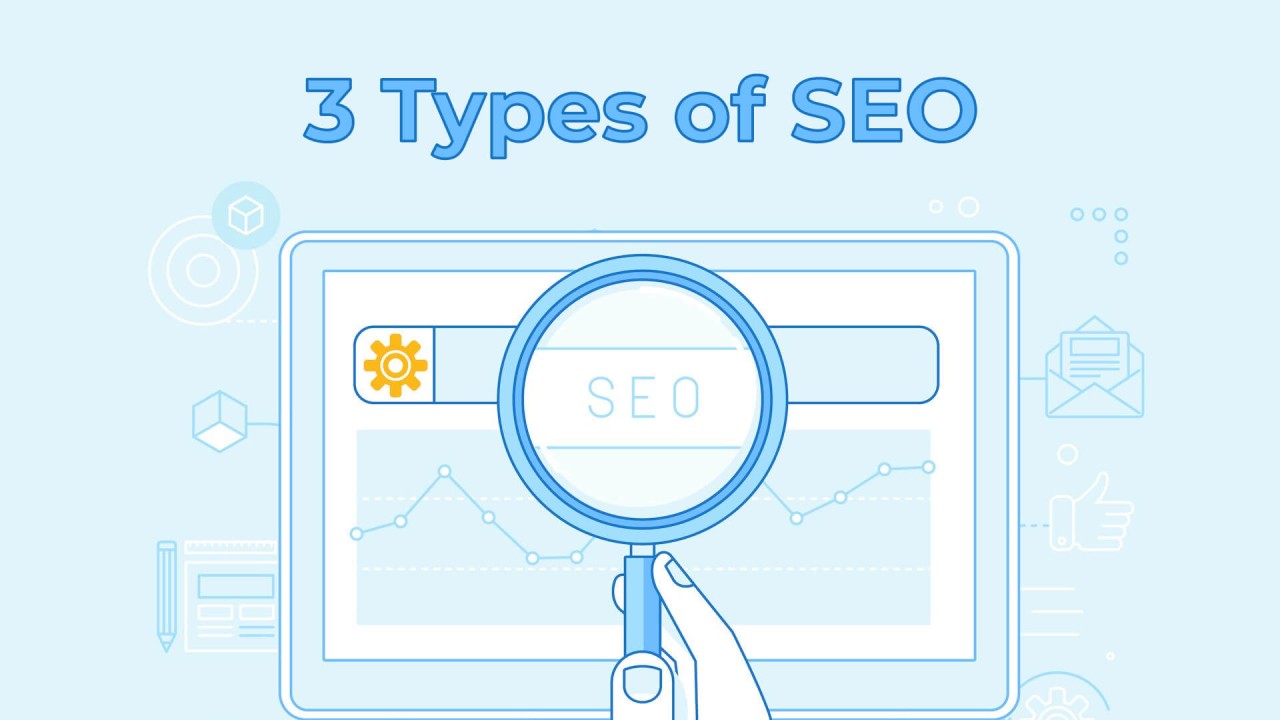Search engine optimization is an indispensable skill for every person that wants to make it in the internet world. If you have a website, a blog or even an internet business, have basic knowledge in SEO and today’s guide will allow you to master it by explaining it in such a way that you don’t have to hit the books.
What is SEO?
Search engine optimization stands for the practice of optimizing the schemas and rich snippets of your website to be able to get to the top of the search engine result pages. What it entails is enhancing different aspects of your website listed below, such as contents, meta tags, images, keywords, and links to achieve a higher rank among the search engine results.

SEO is beneficial in bringing in natural (not paid) traffic to your website, which is cost-effective as far as marketing strategies are concerned.
Why is SEO Important?
1. Enhanced visibility: When conducting a search on Google or any of its alternatives, the chances of users clicking on the first few search results are very high, which is where SEO helps your website to rank.
2. Free Traffic: Organic clicks that come from search engines are free of charge, unlike running adverts.
3. Legitimation value: Users trust websites and opinions that are ranking within the first page of a search engine.
4. Continues return on investment: SEO strategies and practices will continuously boost the rankings of a web page over time. In comparison, advertising campaigns are campaigns that yield results for a short period of time.
Types of SEO
Three principal divisions can be made when discussing the types of SEO.

- On-Page SEO
Aim to increase the importance of a singular page or pages within the website and the most important elements are:- Keyword Research: Tools such as Google KW planner, Ahrefs or Semrush can be used.
- Meta Tags: Put keywords into title, description, and header tags (H1, H2, H3).
- Content Quality: Create unique, useful content that users search for and respond to them.
- Image Optimization: Minimize images and insert alternative text for easier searching.
- Off-Page SEO
Refers to actions taken externally to the website in order to enhance the website authority as well as the position in the search engine results:- Backlinks: It makes sense to seek out other websites with high authority and get links from them.
- Social Signals: Shares, likes, and even comments on social media sites can have an SEO effect.
- Guest Blogging: Other websites should be looked at for writing opportunities as it will help in creating the backlink profile.
- Technical SEO
Guarantees that the site is compliant with the technical needs for search engine robots:- Mobile-Friendliness: Optimize specifically for those using their phones.
- Site Speed: Streamlining images and graphics. Use applications such as Google Page Speed Insights.
- Secure Website: Steer the website to HTTPS to enable secure browsing experience.
- XML Sitemap: A sitemap should be constructed and submitted to assist search engines in crawling the site.
A Guide for Beginners on How to Master Search Engine Optimization (SEO)
Step 1: Comprehend the Mechanism of Search Engines
To organize and rank websites, search engines such as Google make use of algorithms. Nowadays, however, the actual equation remains a well-kept secret, and only certain parameters appear worth taking into consideration:

- The content pertains to the queries, which the user types in the search box.
- The users’ activity (clicks per search query, the total time spent on the single web page).
- The overall quality and the total number of backlinks.
Step 2: Perform Keyword Research
It is important to listen to what keywords your audience is interested in. Such services as Ubersuggest, Google Trends, or Moz Keyword Explorer will help you out in finding the keys which are highly valued but not very competitive.
Step 3: Take Action on Website SEO Optimization
- Create High-Quality Content: Show that solution to issues order feat questions.
- Strategically Place Keywords: Naturally incorporate keywords in the content, headers, and several Meta tags.
- Enhance User Engagement: Design your site in a way that provides an appropriate user experience.
Step 4: Create Backlinks
To achieve link building strategies, liaise with reputable websites. You can also design info graphics that are easy to share or blog on a guest site.
Step 5: Perform the Evaluation
It is essential to know how one’s strategies in SEO work and see tools such as Google Analytics and Google Search Console. Engage in self-analysis and find out which techniques are of more use. Be flexible and adjust where necessary.
Common Mistakes in the SEO Feature That You Should Not Repeat.

- Keyword Stuffing: Keyword stuffing is penalized if it’s too intense.
- Ignoring Mobile Optimization: Nowadays people access websites from their mobile devices a lot more so it is important to maintain mobile responsiveness.
- Neglecting Local SEO: Even if you are a local enterprise, make use of Google My Business for local searches.
- Not Updating Content: Make sure you don’t have stale content on your pages.
Free Tools for Learning and Practicing SEO Techniques Include
- Google Search Console: It helps in monitoring the performance of the site and in addressing the issues.
- Google Analytics: It enables users to analyze and understand the patterns of user interaction and the methods of site access.
- Yoast SEO (for WordPress): It makes SEO on-page practices easier for the amateurs.
- Answer The Public: Understand what users are searching and come up with content ideas based on what they want.
SEO Misconceptions
- “SEO is a one-time thing”
Not true. Search Engine Optimization is not a one-time thing because there are always changes that must be made to the SEO site. - “The more backlinks, the better.”
Backlinks aren’t effective in contact so only a few effective backlinks are better than many ineffective ones. - “SEO grows over years.”
1 strategy that is long-term can certainly bring about results in less and with much work put in, people will start seeing the changes in months.
Advice for the Future
- Keep Learning: Make sure you read SEO-related articles and essays, for instance: Moz, Neil Patel, or Search Engine Journals.
- Don’t Forget to Practice: Whatever that is shown or told you about formulates skill if you utilize it.
- Wait: SEO relies on time but when done, gives strong and permanent results.
“Start”
This work is about mastering the needed SEO for beginners who don’t know where to start. There is no rocket science in learning SEO but with the understanding, basics, various tips and techniques you can improve your website in search engines. Don’t jump ahead but start low and practice a lot. With time you will become really confident with SEO skills. Try to learn proper and effective ways to cope with the tasks if you would like success in the online world. For every newbie, there is enough space in the digital world so shine the light on your talent.
If you want to improve your status online, SEO is the way to go. Invest your time and explore the world of SEO. It’s a skill that will pay dividends for years to come!

Leave a Reply